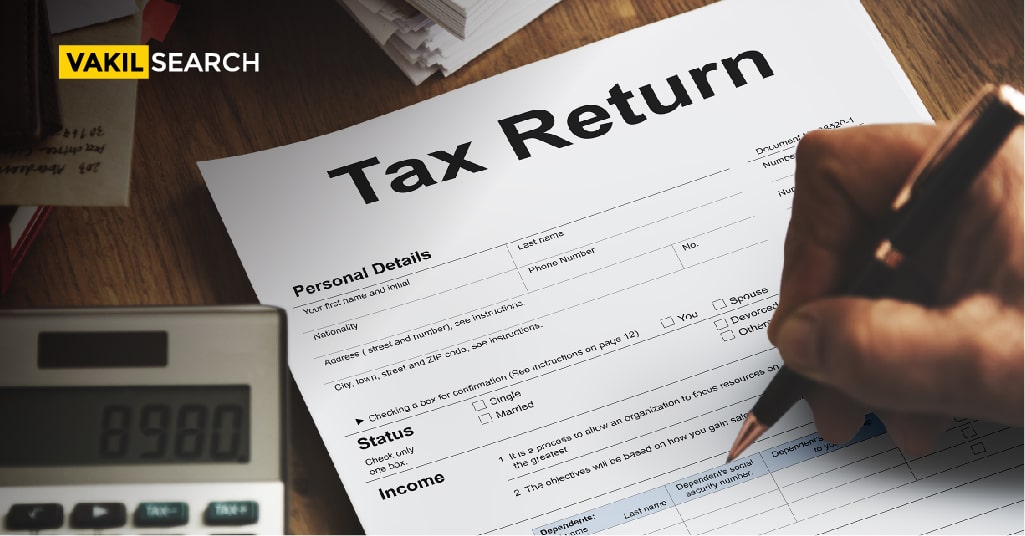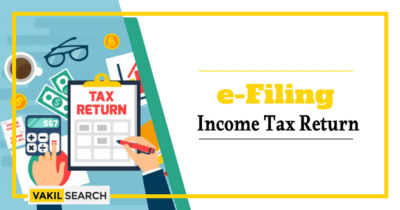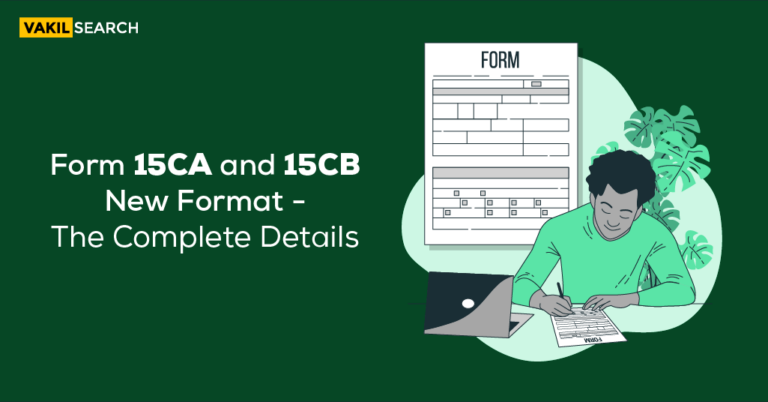In this article we are going to address the question of whether age plays a factor in the income tax assessment of a person.
The term income tax is associated with so many negative connotations, the most common being fear. And due to this fear of income tax stems from the lack of knowledge of the subject. And this cannot be blamed on lethargy or lack of interest. Even the best trained experts in the field of taxation cannot know the whole body of the subject in and out. The taxation system in principle can be reduced to one single line. Collection of duty on any monetary transaction that is facilitated within the sovereign boundaries of a particular country. And it is because of this vague and general principle that taxation as a discipline is so vast and extensive. It has to not only take into account and classify all the various possible kinds of financial transactions but also be fair and just in the amount of taxation that is levied and at the same time ensure that the economy is receiving the right amount of revenue in the interest of general welfare. Keeping all this in mind it is only fair for very basic questions and misconceptions to arise when it comes to taxation in general. One such question is that at what age can you stop filing income taxes and by what age is he finally exempted from paying income tax. In this article we will take a look at this specific question and try and understand how it actually works in the system.
Who Needs To File ITR And Till What Age?
The answer to this question is simple. Tax filing is independent of age. There are many factors and provisions that exempt a taxpayer from income tax. Age, however, is not one of them. In other words, age is not a factor when it comes to deciding the taxability of an income.
An income tax return is compulsory for all residents earning beyond a prescribed threshold. Based on the financial year 2019-20, if your gross total income (excluding deductions) exceeds the basic exemption limit of ₹2.5 lacs worth of income, above which tax is charged, you need to file ITR. While income till ₹5 lacs per annum becomes tax-free, a return would still need to be filed if the income is between Rs.2 – 5 lacs. These returns have to be filed online, however, the department allows senior citizens aged above 80 to file paper returns.
There are several other conditions introduced by the Budget 2020, such as paying an electricity bill exceeding ₹ 1 lakhs a year, or incurring expenditure exceeding ₹ 2 lakh rupees on a foreign holiday, or withdrawing more than 1 crore from one’s bank account.
Thus, regardless of the age, if the earnings or expenditure or gains from selling an asset are beyond the government prescribed threshold, a tax return needs to be filed.
Procedure For Becoming a Taxpayer
The procedure for registering as a taxpayer is the same for all ages.
- Visit the income tax portal
- Create an account by registering your details on the site
- Select what category of taxpayer you fit in
- Enter the details of your income
- Authenticate yourself with your PAN
- File your returns through the portal now.
Plan, save, succeed – Our Online Tax Calculator is your tool for effective and stress-free tax planning.
Myths About ITR Filing
- A minor doesn’t need to file returns: True, in most cases as minors aren’t employed and do not earn a taxable income. However, in several cases, such as where a minor may be a child artist, earning on his or her own account based on his or her own talent, the tax will have to be paid in their own name.
- Interest income for minors is not taxable: Even if you open savings or fixed deposits as a parent in the name of your child, the earning from the same is taxable. Moreover, this income will be clubbed in the income of the parent with higher income.
- No need for a return if your employer deducts tax via Form 16: Even in case your employer deducts tax at source and issues Form 16, you’d still have to file a return in your name. This is necessary to ensure that the returns tally and that the tax paid is accurate. You can claim a refund in case excess tax has been deducted.
- Tax returns are dependent only on income or gains: This is untrue. Irrespective of your salary, if you want to claim a tax refund or want to carry forward a loss, filing ITR is mandatory. Further, this financial year onwards, a high expenditure on electricity or foreign holiday would also attract tax.
Conclusion
There are so many misinterpretations, presumptions and misinformations with regards to at what age can you stop filing income taxes Listening to hearsay can cause unnecessary anxiety and confusion with regards to the applicability of income tax. The reason why the legislation on income tax is so vast is because there are provisions for almost every kind of transaction and new provisions are added every year depending on the changing markets. So it is always advisable to consult a tax expert while entering into a financial transaction of any kind. If you are looking for an expert to help you with your tax related matters, get in touch with us and our team of experts will get in touch with you to understand your requirements and assist you with the right kind of help.
Read more,










